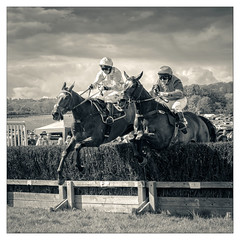During the 3rd meeting of the Grundtvig project – Plant Wild, in Vilnius (Lithuania), experts from Lithuania, Portugal, Spain and Turkey discussed about the current situation of the sustainable wild harvesting of Medicinal and Aromatic Plants (MAPs) in their countries and the challenges for implementing training.
Information of plant WH in each partner country was gathered, for detecting implementation level of sustainability issues and identifying needs on future training.
Some topics were analyzed:
- State of the art of WH, for commercial and non-commercial use;
- Legal framework and adoption by collectors;
- Guidelines and certification rules applied;
- Existing sustainable wild harvesting (SWH) training and stakeholders needs.
In conclusion, all four countries have a strong tradition on gathering plants resources, but it is difficult to establish the line between commercial and non-commercial WH of MAPs.
Moreover, some species are collected in very few quantities, so unregistered in official statistics. Cultural tradition, socio-economic issues and natural or anthropogenic impact on the environment determines how WH activity is monitored, regulated and controlled, being organic certification the most used.
There are very few adult regular training activities, not enough for raising society awareness. All stakeholders are important to be trained or informed on WH, being collectors, forest owners and policy makers, key agents when SWH must be improved.
3º Report conclusions need on MAPS SWH training – GRUNDTVIG PLANT WILD











